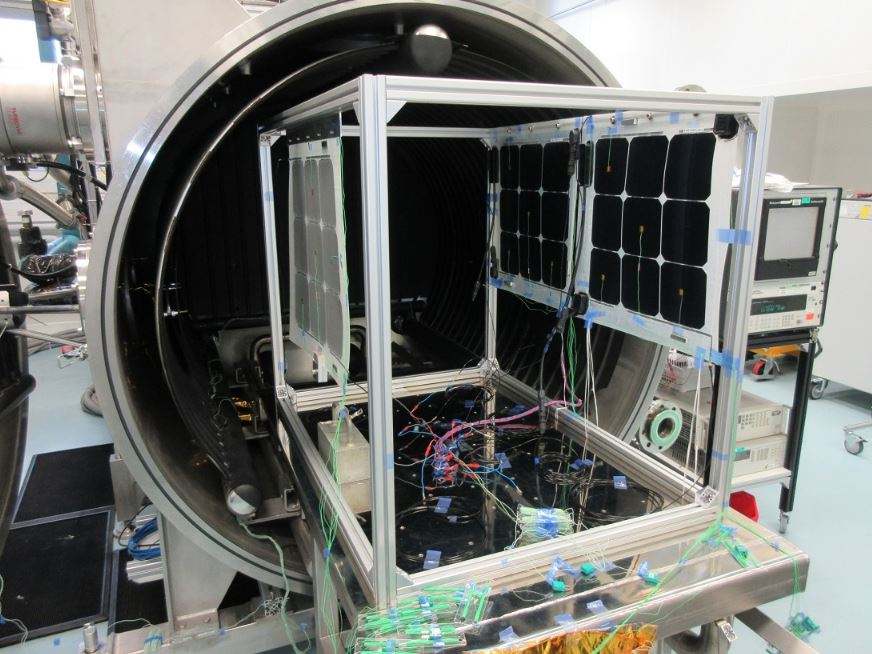The company has completed static mechanical testing of the first full-scale photovoltaic modules for the future stratospheric airship.
Thales Alenia Space, the joint company between Thales (67%) and Leonardo (33%), has announced the successful completion of static mechanical validation tests of the first full-scale photovoltaic modules specially designed for its Stratobus autonomous stratospheric airship.
Stratobus will be designed to operate at an altitude of 20km (above regular air traffic) and to perform a wide range of missions, including observation, surveillance and telecommunications, with a service life of five years.
To ensure continuity of service, the airship must remain stationary in its position and withstand winds of up to 90km/h. To achieve this, it will have 1,000 square meters of photovoltaic cells, which will cover a quarter of the surface area of its envelope and provide the power needed for its four electric motors, energy storage system and mission payload.
Thales Alenia Space, in collaboration with the French Alternative Energies and Atomic Energy Commission’s innovation laboratory for new energy technologies (CEA LITEN), has developed an innovative photovoltaic technology: flexible, low-cost, lightweight modules weighing less than 800g/m² and offering a high power output of more than 200W/m² and a large surface area of over 4m².
Each module comprises an assembly of PV cells with an efficiency rating of over 24%. Recent tests have demonstrated the high stability of the encapsulation materials in the presence of UV radiation and ozone, combined with low relative power loss after thermal cycling.
The modules are designed to withstand the specific thermal and mechanical stresses of the operating environment, including the expansion and contraction of the envelope, while meeting the long service life requirement for this type of technology.
The PV module technology will be incorporated into the full-scale model of Stratobus TM for its first flight in 2022.

